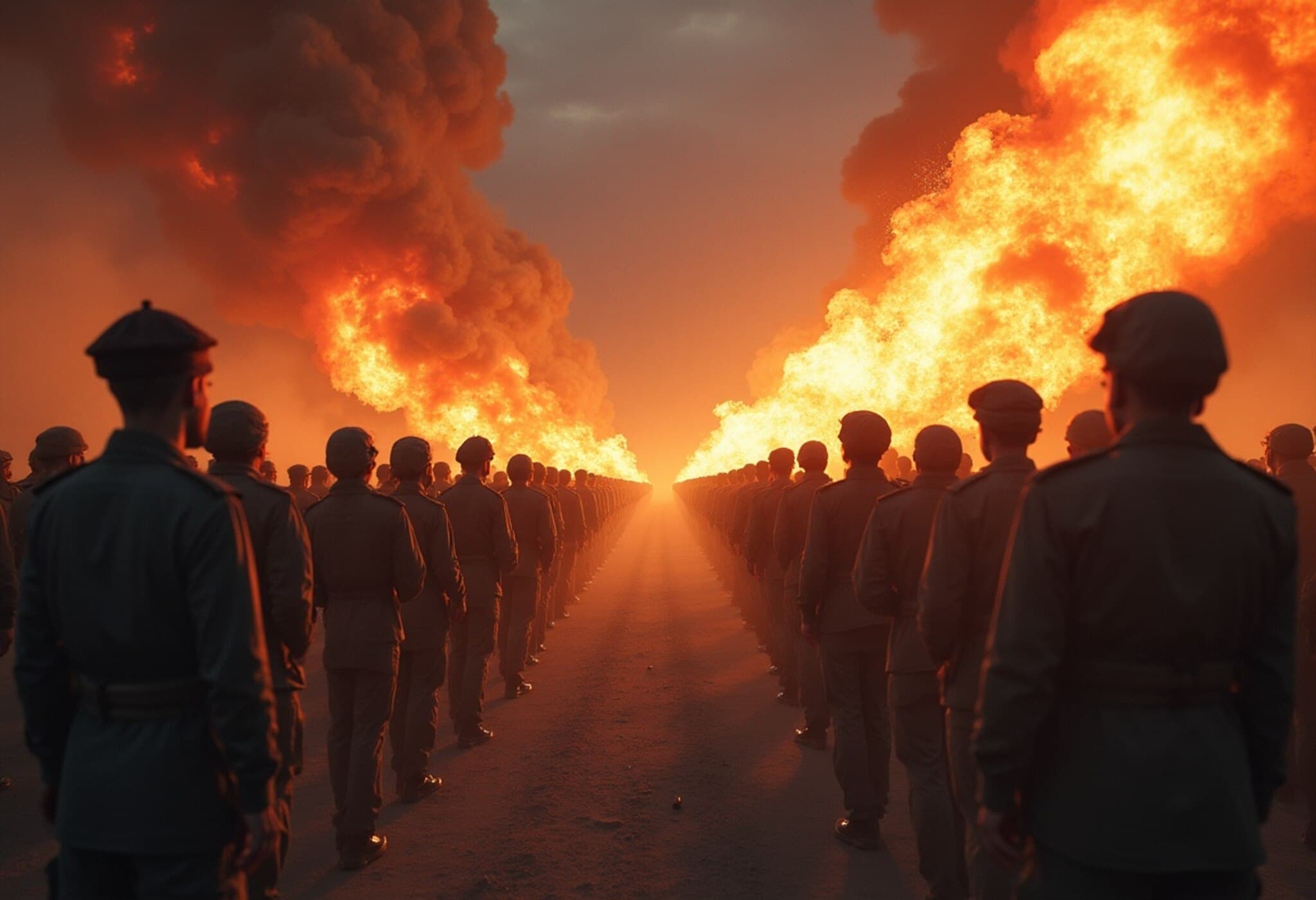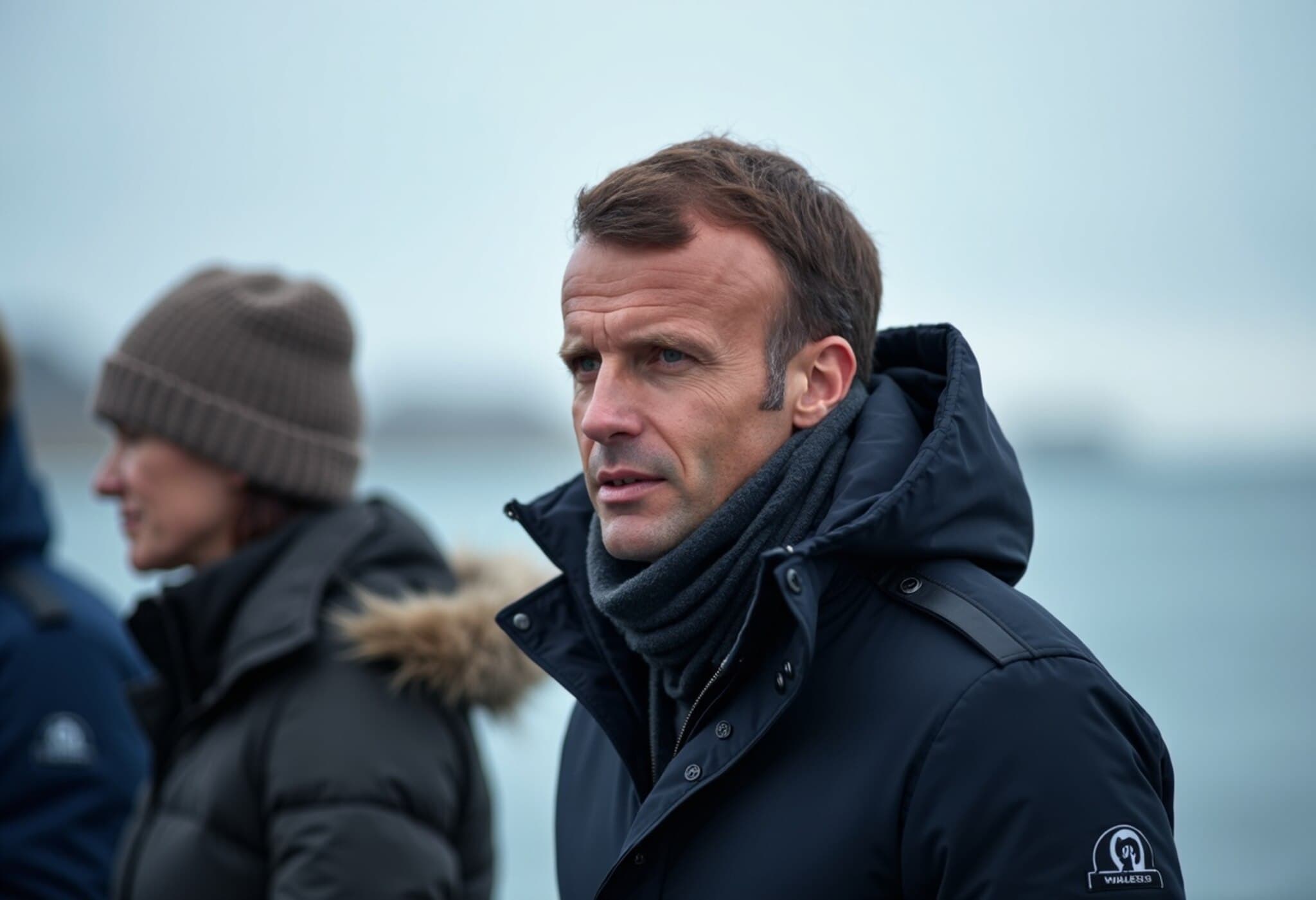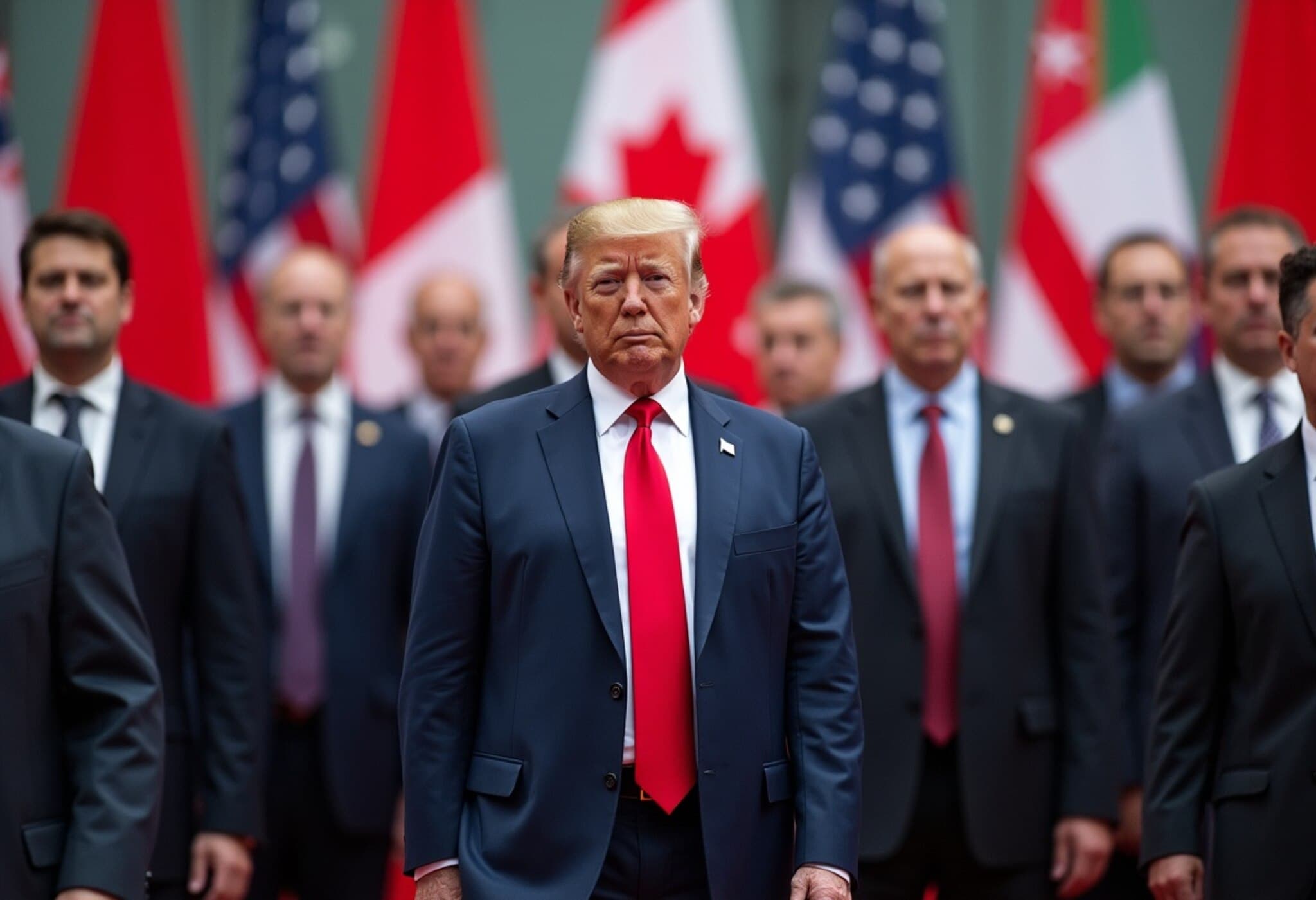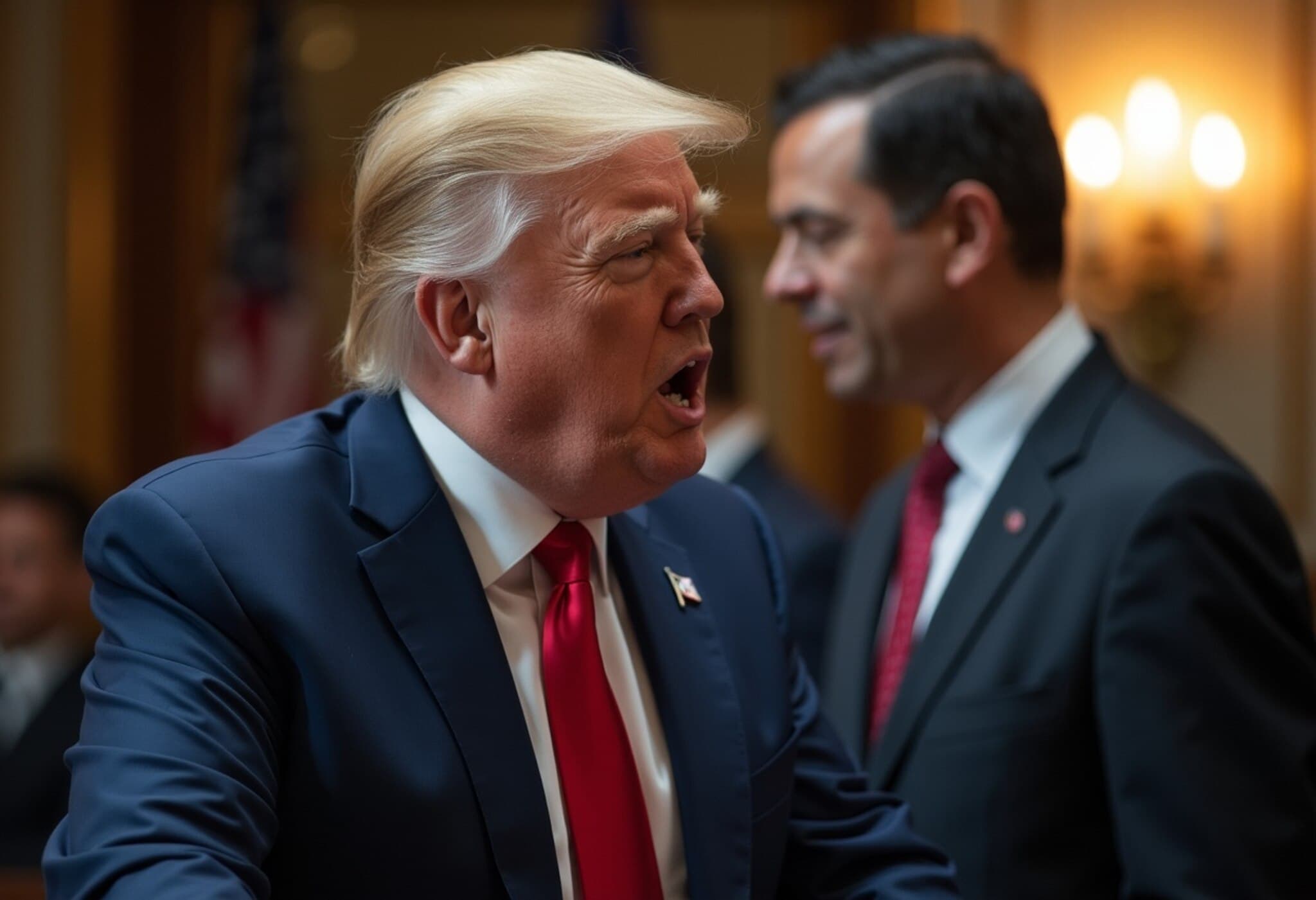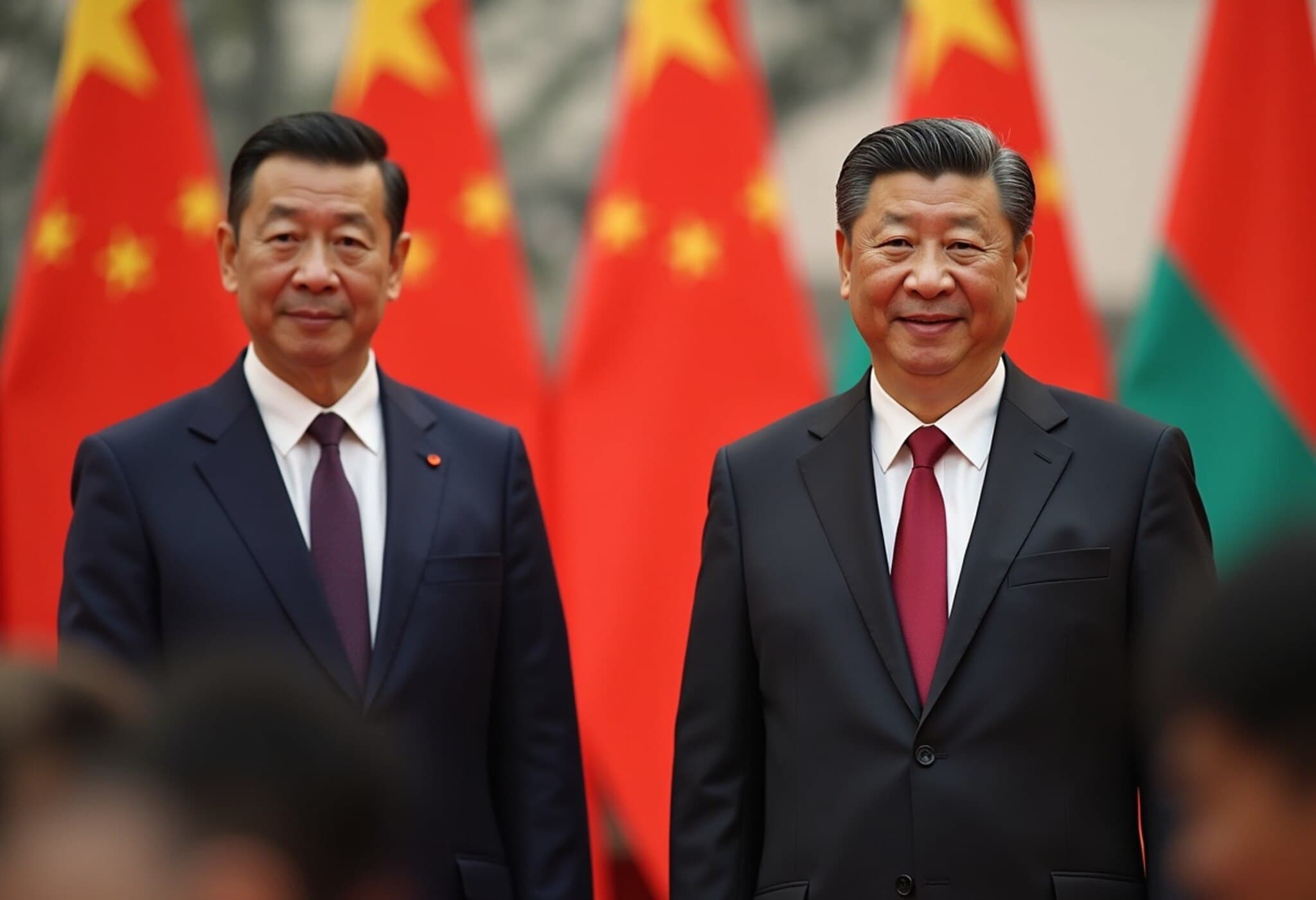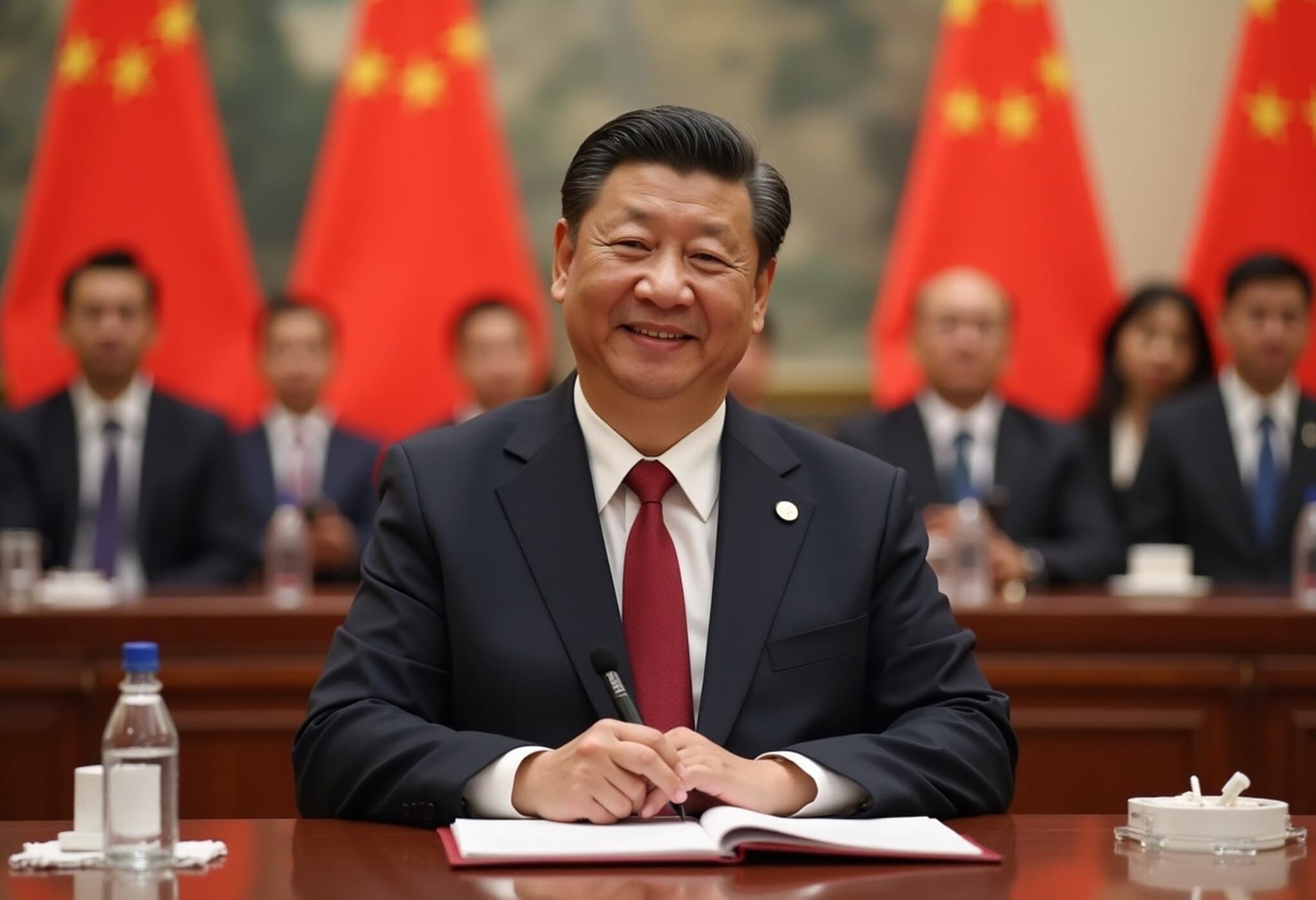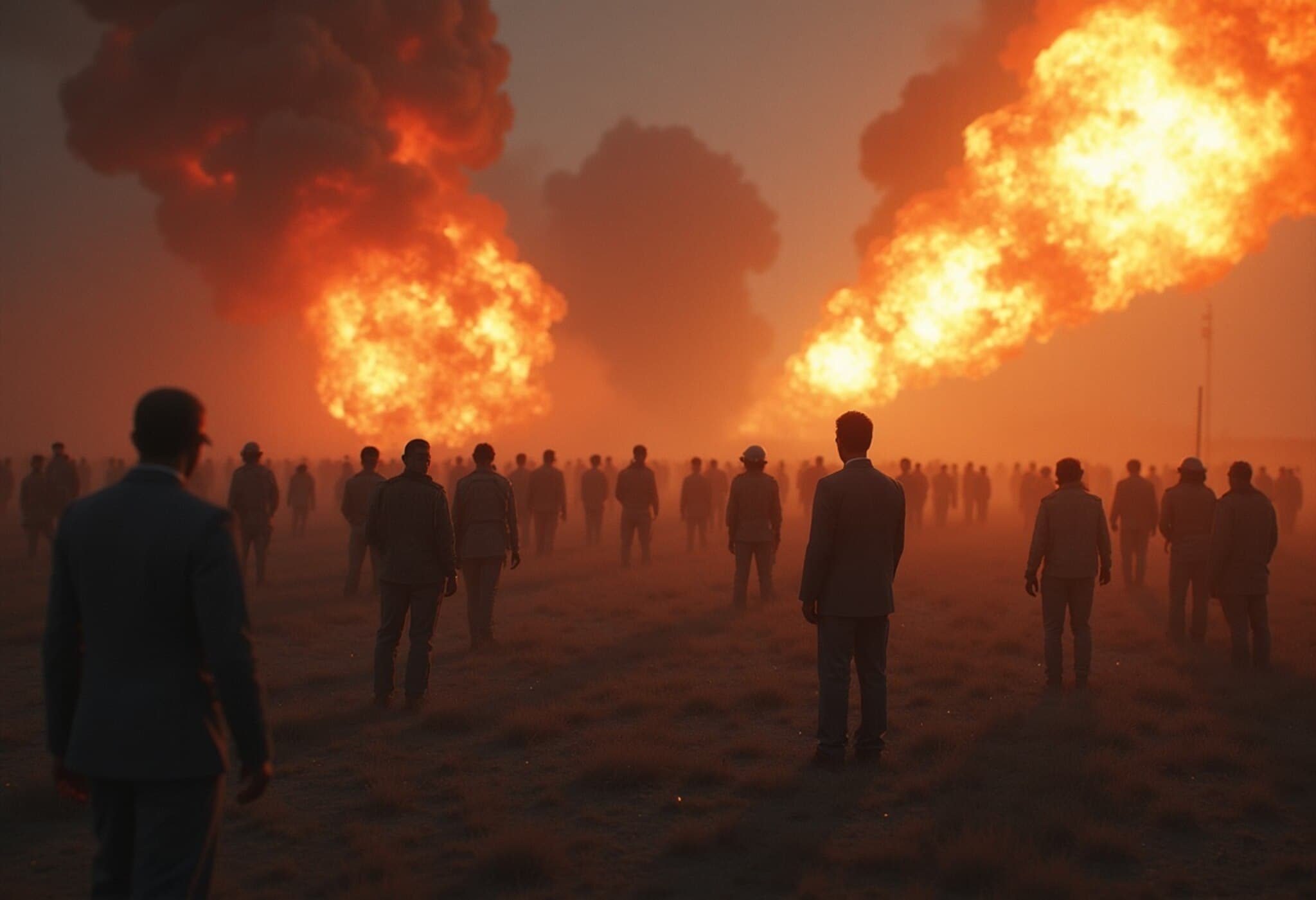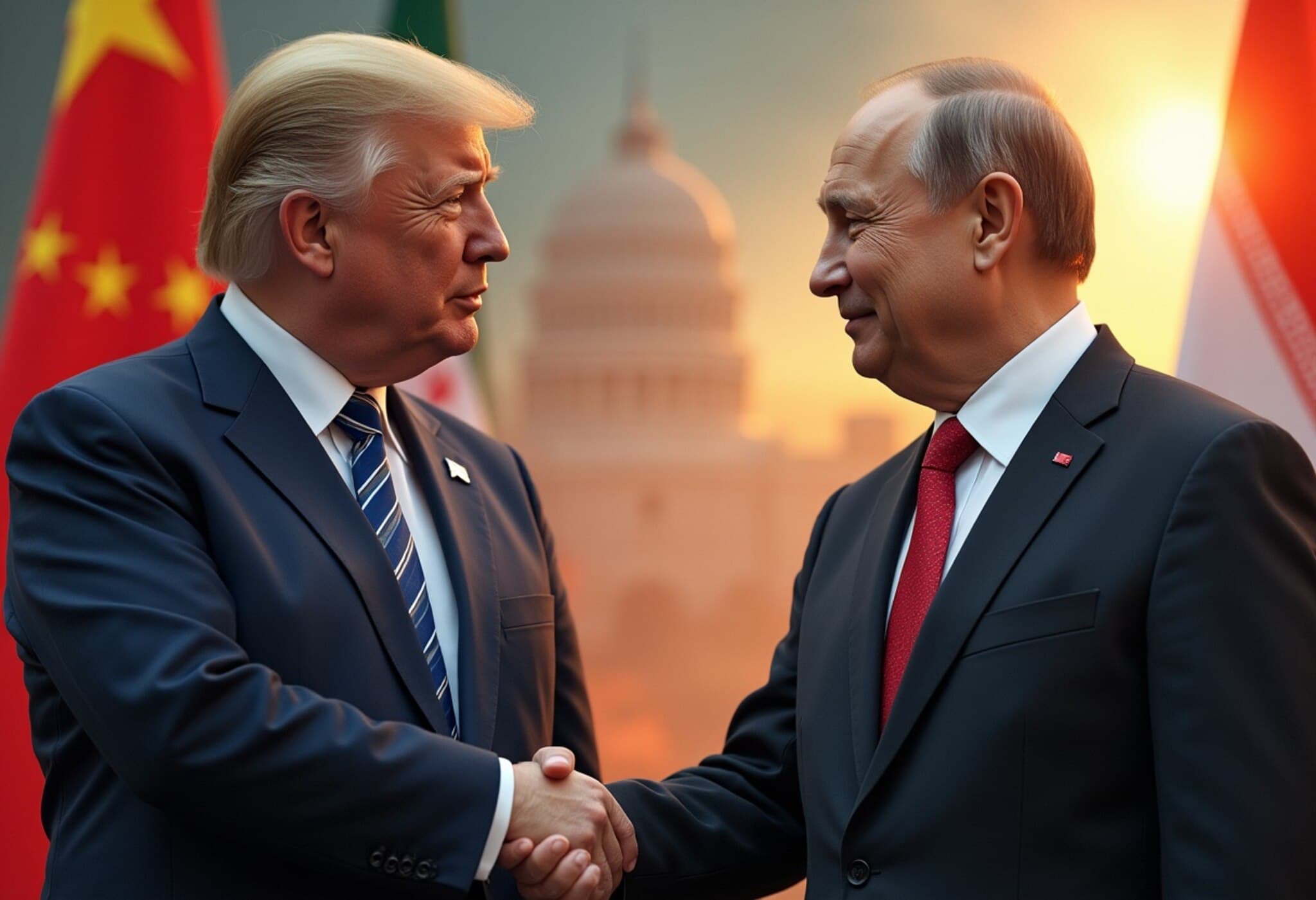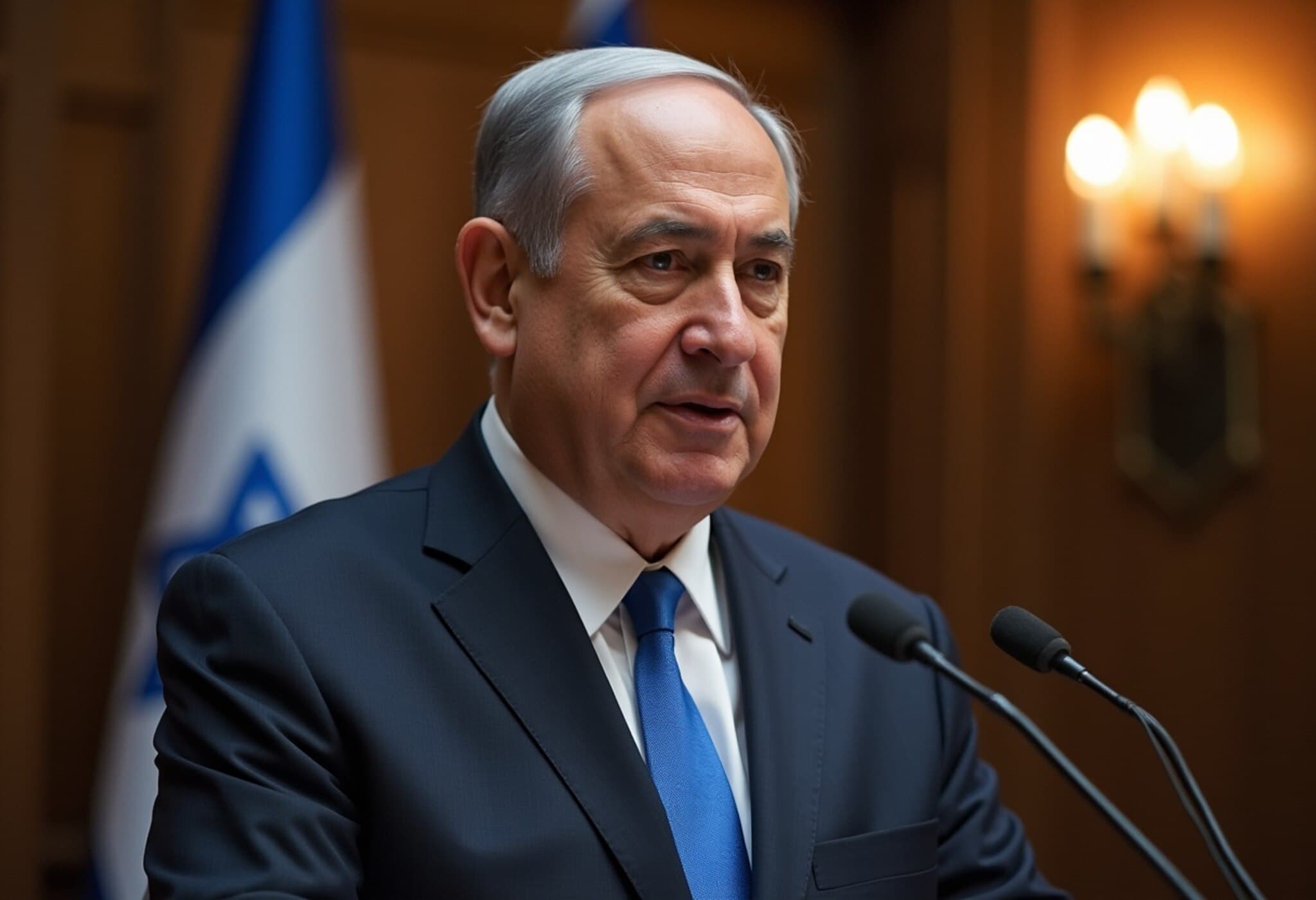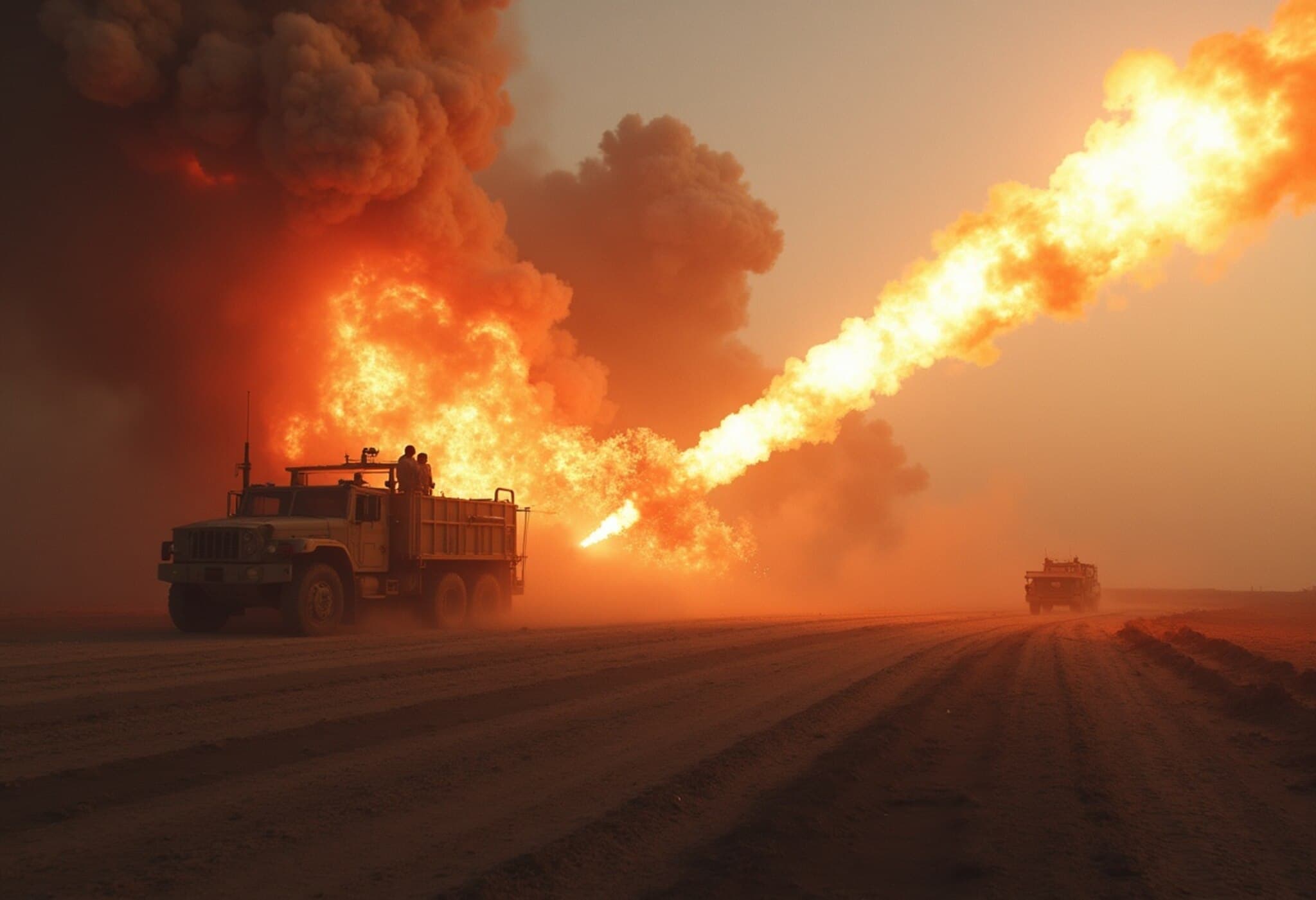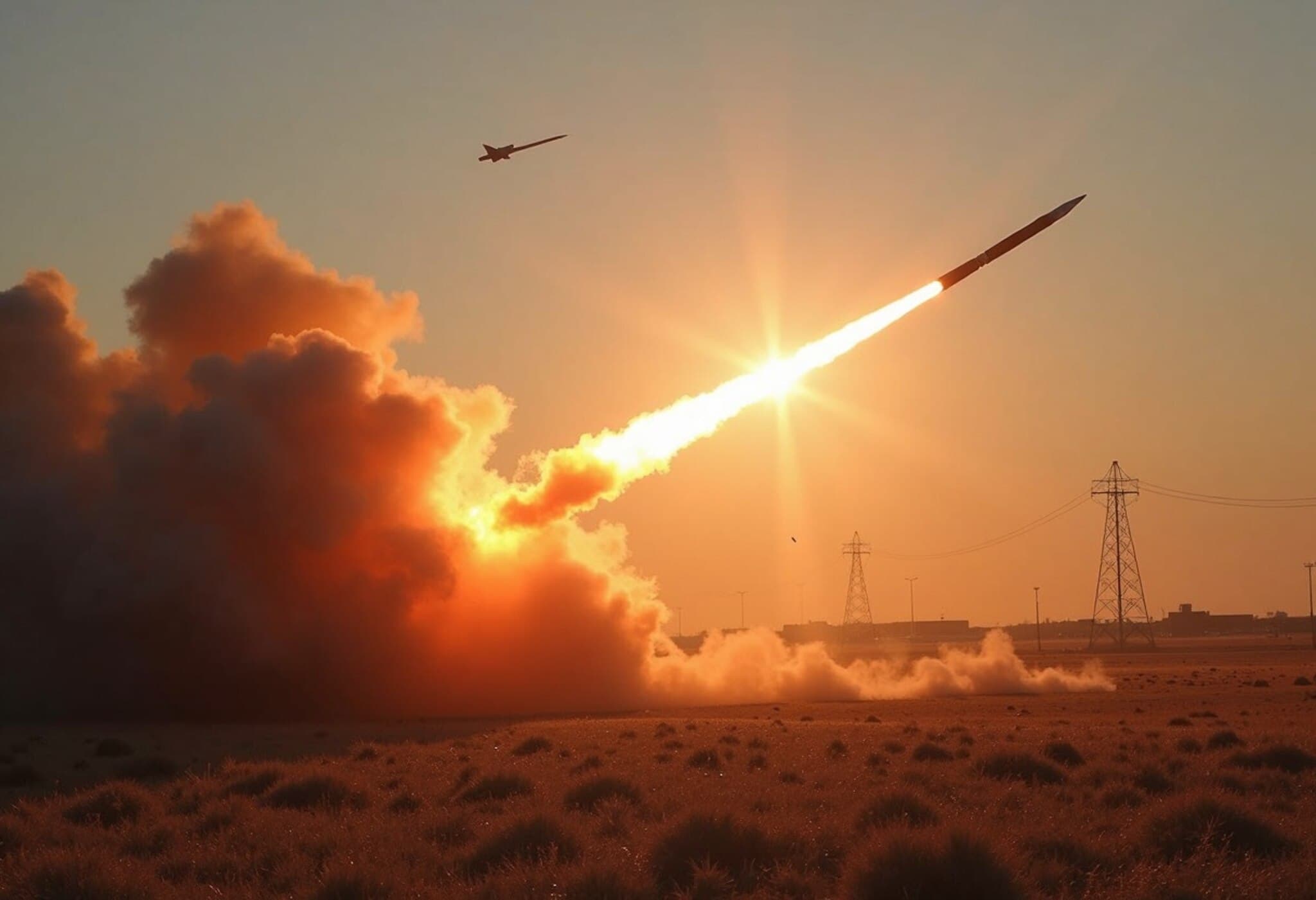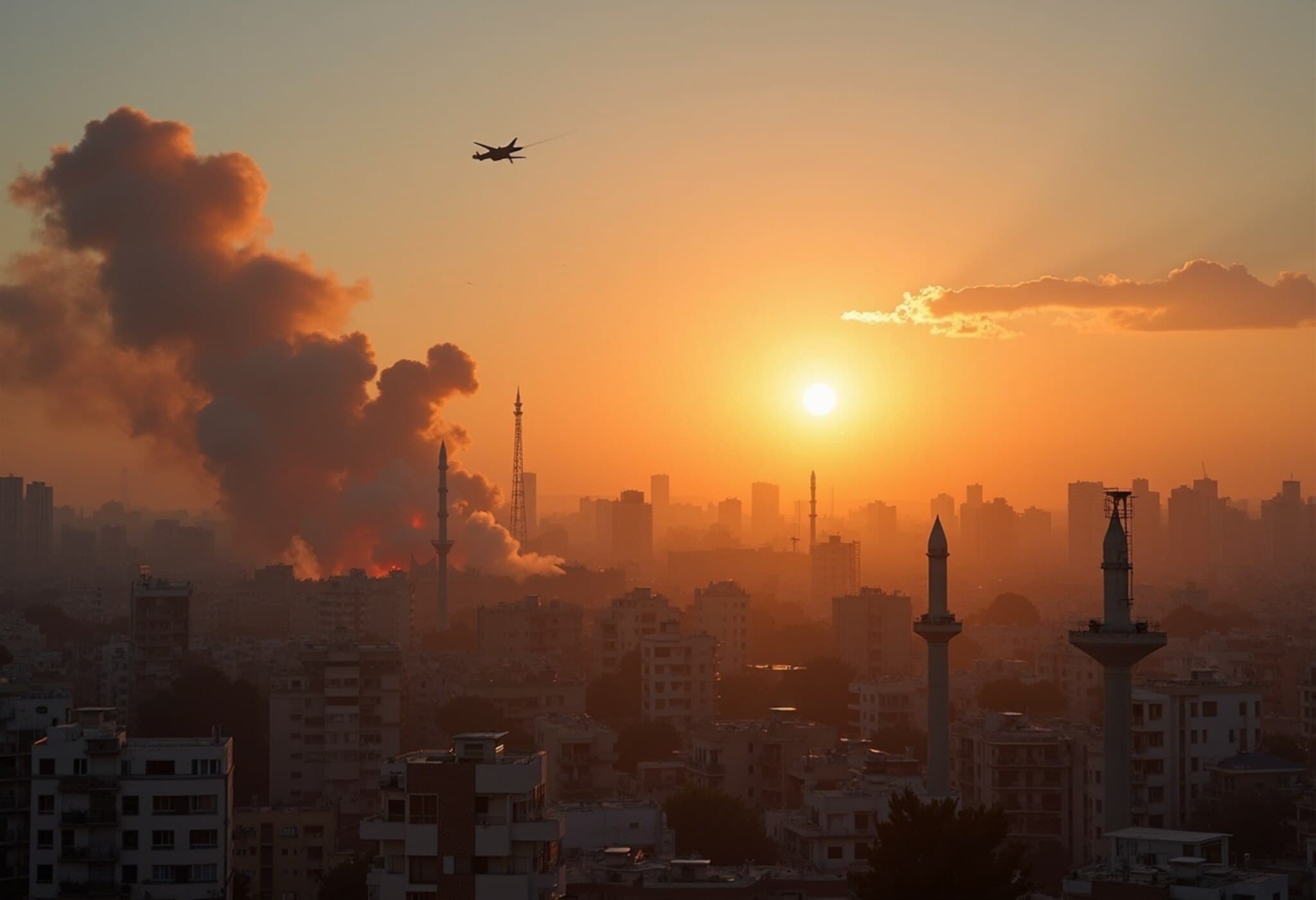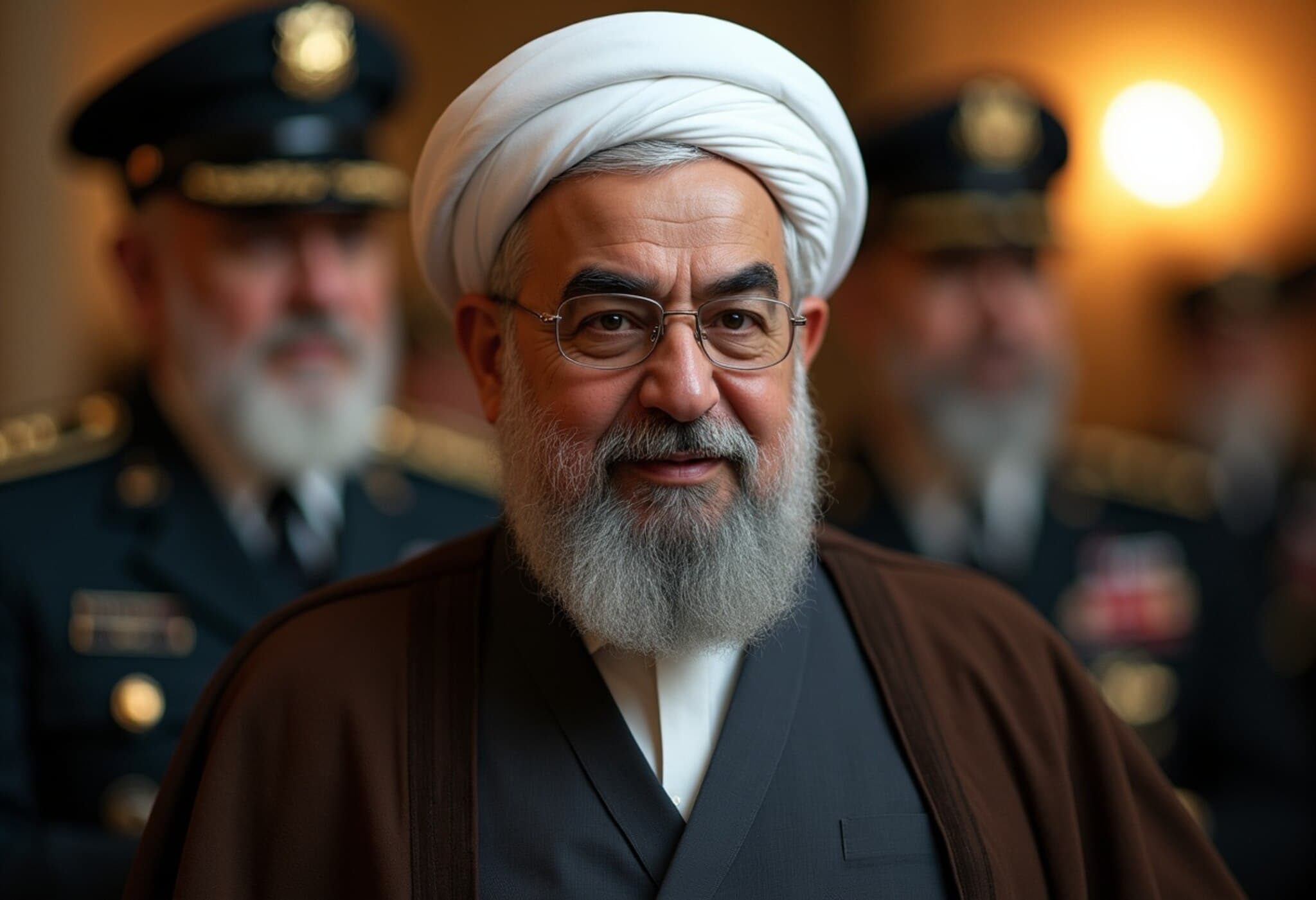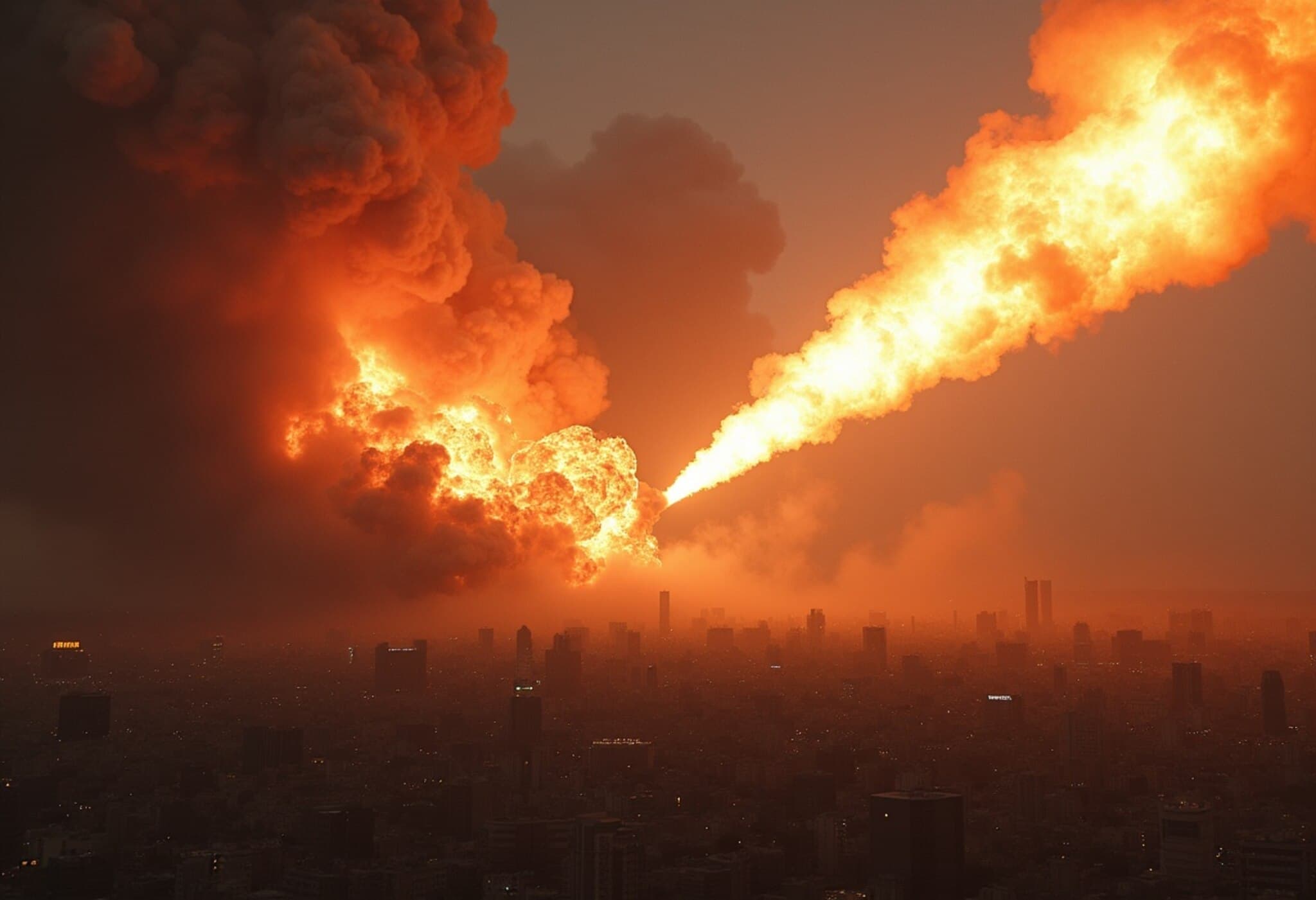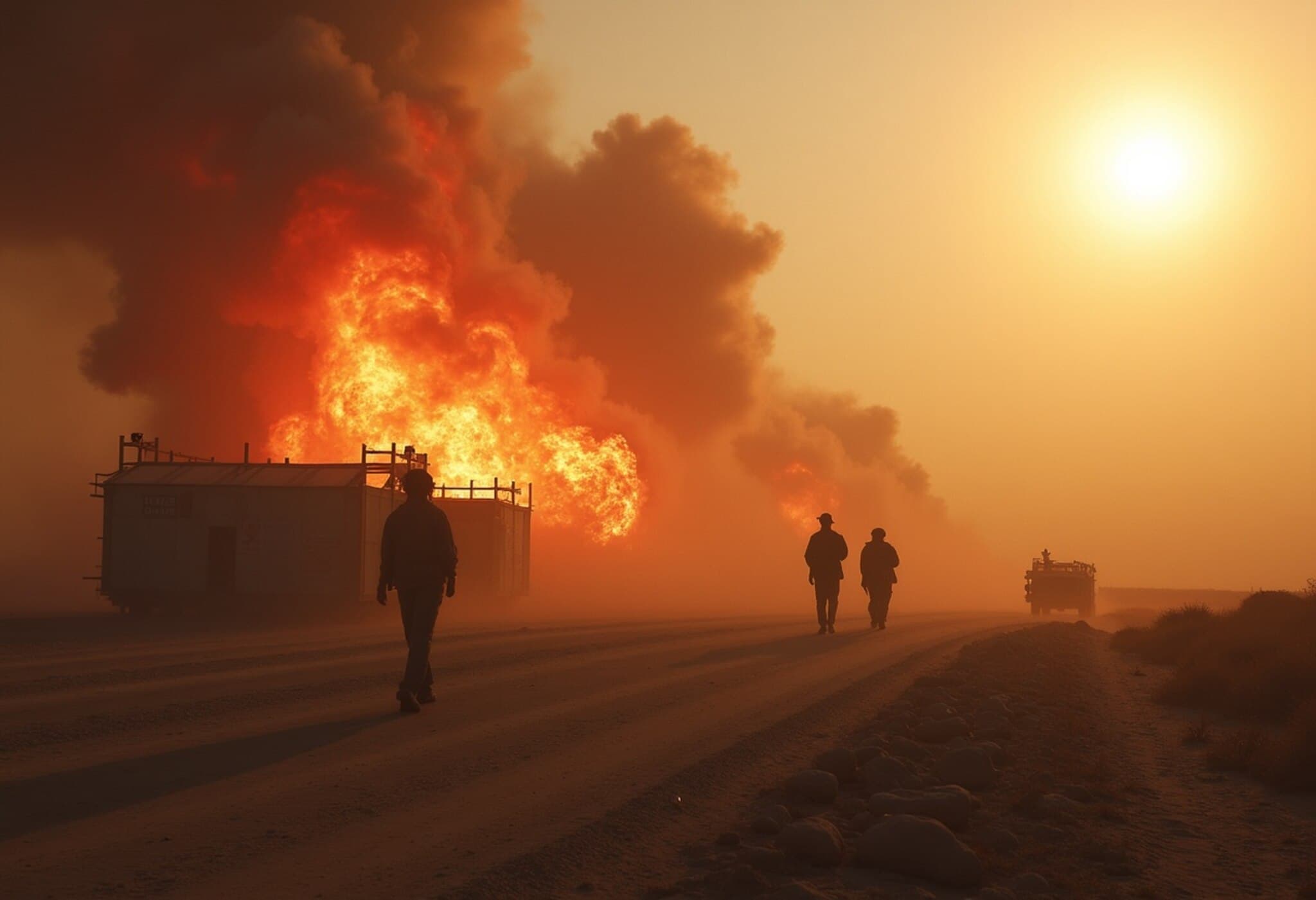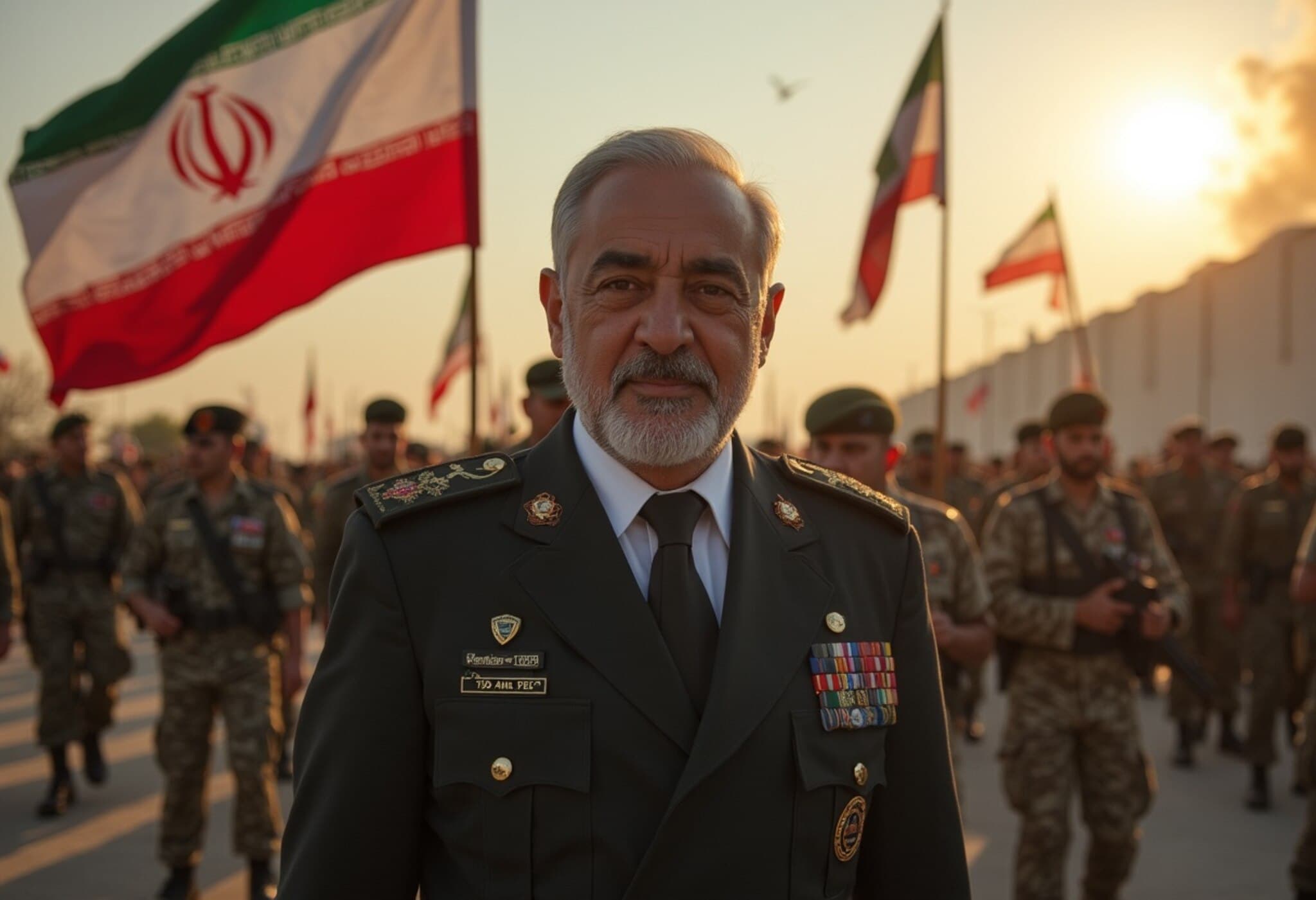Rising Conflict Between Israel and Iran Amplifies Global Divides
The escalating conflict between Israel and Iran has sent shockwaves around the world, casting a shadow of uncertainty over West Asia and beyond. Nations are increasingly forced to position themselves amid the turmoil, broadly splitting into three distinct camps: staunch supporters of Israel, advocates backing Iran, and those urging calm from the sidelines.
The United States: Unwavering Support for Israel
Led by President Trump, the United States has unambiguously backed Israel's military actions against Iran, demanding Tehran's "unconditional surrender." This support extends beyond political endorsement, encompassing potential military aid, advanced weapons, and intelligence sharing. Initially cautious, U.S. rhetoric hardened to the point where Trump publicly declared that Iran must not develop nuclear weapons and even advised evacuation from Tehran, signaling a powerful alignment with Israel's campaign.
Europe's Delicate Balancing Act
European nations, particularly within the G7, have predominantly supported Israel politically and condemned Iran's actions. Yet, voices like that of France’s President Emmanuel Macron caution against pursuing regime change in Iran, fearing it could trigger widespread chaos throughout the region. Macron emphasized the importance of resuming nuclear and ballistic discussions quickly rather than resorting to military intervention. Meanwhile, the UK has hinted at providing military assistance to Israel, with officials indicating readiness to deploy assets to support their ally.
Backing Tehran: Turkey, Russia, and China’s Calculated Positions
- Turkey: President Recep Tayyip Erdoğan has openly supported Iran's right to self-defense and condemned Israel’s offensive. Comparing Israel's leadership to historical tyrants, Erdoğan labeled Israel a "terror state" and emphasized efforts to halt aggression against Gaza, Syria, Lebanon, Yemen, and Iran.
- Russia: Maintaining a nuanced stance, Russia criticizes Israeli strikes but stops short of direct military backing, striving to balance its ties with both Iran and Israel. Moscow warns the U.S. against involvement, concerned that such escalation could destabilize the entire region.
- China: Although officially denouncing Israel, China has steered clear of overt support for Iran. Nonetheless, reports emerged of China dispatching multiple cargo planes to Iran amid rising tensions, underscoring Beijing’s strategic interest in safeguarding energy supplies and regional stability.
The Arab World’s Ambiguity
Several Gulf and Levant nations publicly criticize Israeli military actions but maintain complex, often covert dynamics with Iran. While some Sunni Arab states quietly view Iran as a destabilizing presence, the shifting allegiances hint at a deeply nuanced regional landscape. Syria remains notably silent, balancing resentment toward Iran with cautious diplomacy concerning Israel, while Qatar continues to stand firmly with its Iranian ally.
India’s Call for Calm Amidst Dual Partnerships
India, maintaining strong bilateral ties with both Israel and Iran, has urged restraint and dialogue. Delhi advocates for utilizing diplomatic channels to de-escalate the crisis, emphasizing its readiness to support peace efforts. Importantly, India has distanced itself from the Shanghai Cooperation Organisation’s joint statement condemning Israel’s strikes, signaling a careful diplomatic posture.
Broader Regional Implications and Risks
Experts warn that without careful management, the conflict risks spiraling into a wider regional war that could destabilize critical energy routes, disrupt global markets, and embroil multiple nations. The ongoing hostilities are shaping West Asia's geopolitical realities and could influence global energy supplies for years ahead.
Ultimately, the Israel-Iran war is deepening existing global divides, with strategic interests overriding ideological alliances. While the U.S. and Israel stand united against Iran and its supporters, countries like Russia and China tread a cautious path to safeguard their own regional stakes. Unfortunately, amid these shifting alliances, a meaningful ceasefire or diplomatic breakthrough remains elusive.

